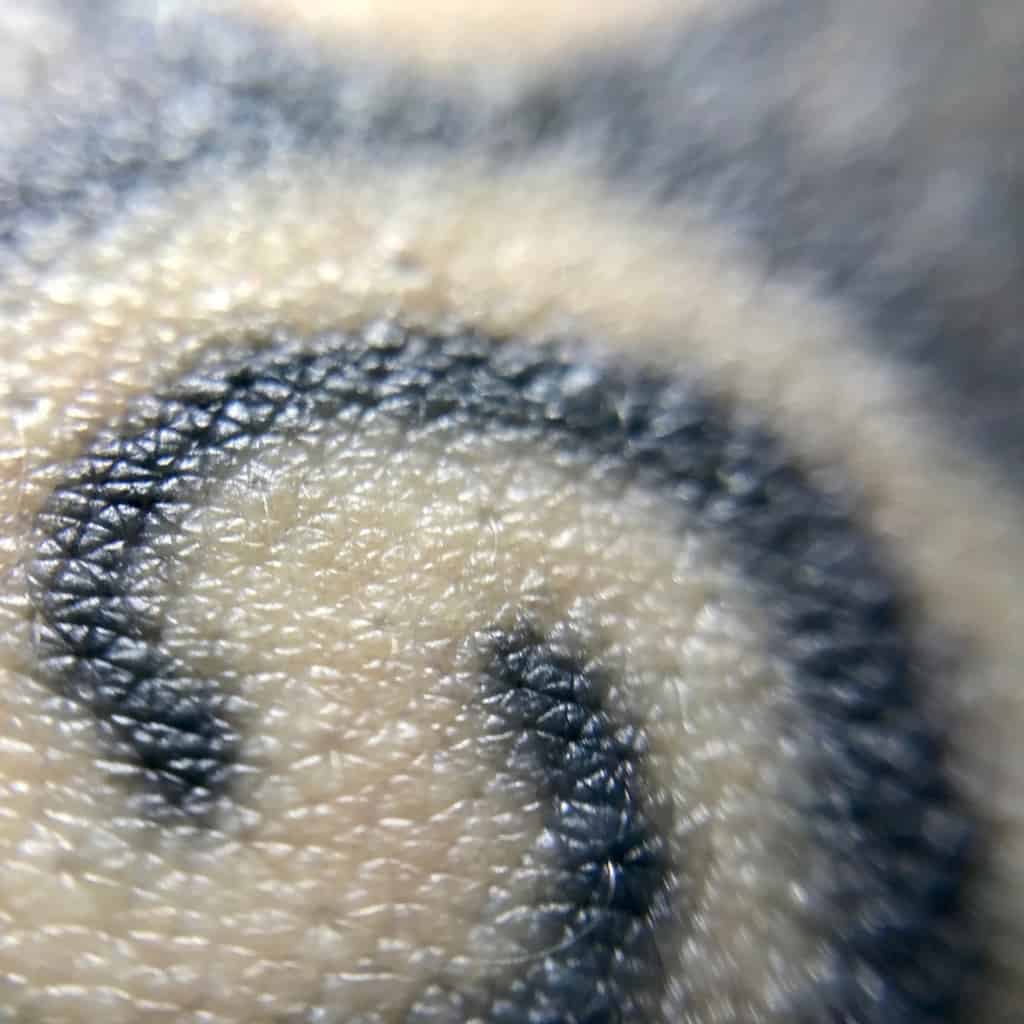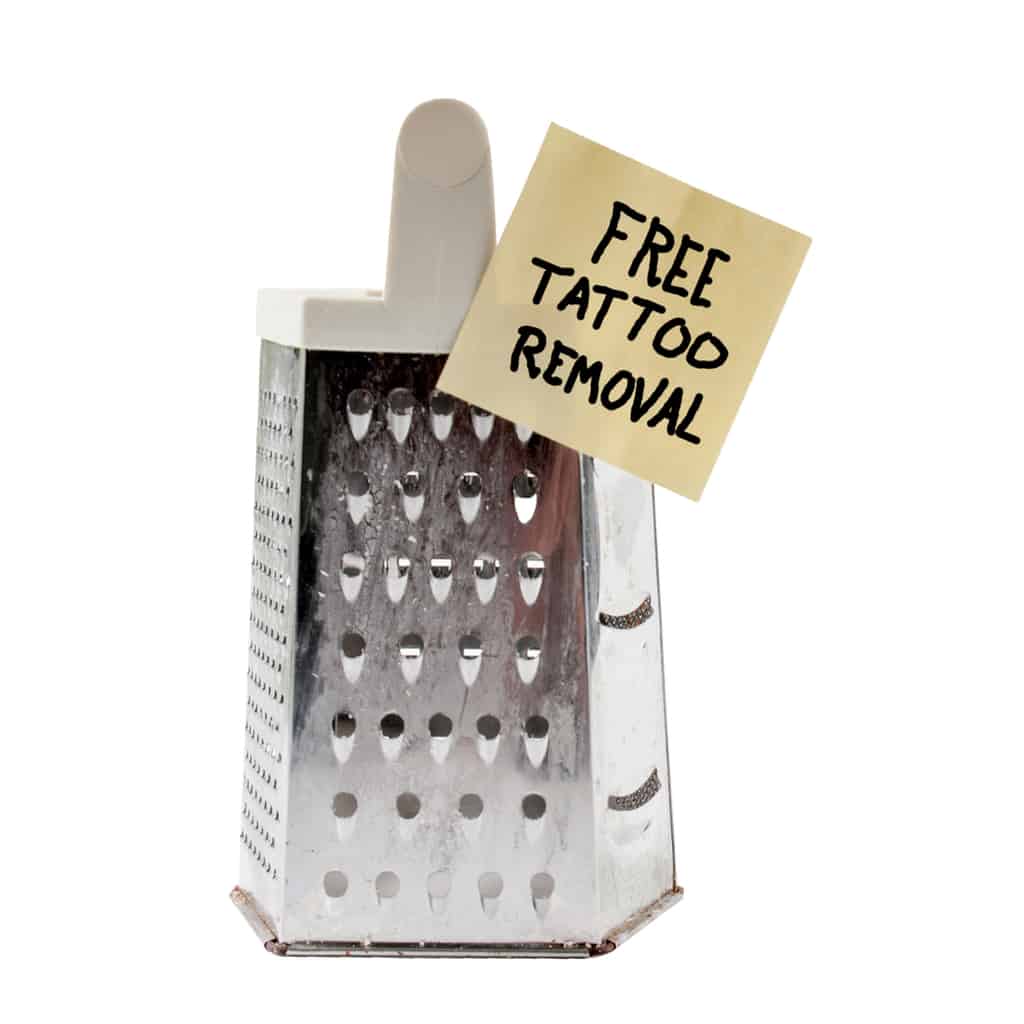
There are lots of people who love tattoos and love all of their tattoos, but what if you had a tattoo that you wanted removed? What if there was one tattoo that reminded you of something you’d rather forget?

Fortunately, laser tattoo removal offers everyone a way to remove tattoos so that they can get on with their lives.
Why Have a Tattoo Removed?

It might seem strange to people who love getting inked but sometimes a person has very good reasons for wanting a tattoo removed. Here are some reasons to consider:
- Cultural and Family Issues – A tattoo may be considered a sign of criminality or bad moral character.
- Bad Memory – Consider a person who has a tattoo of their husband or wife somewhere on themselves. If the relationship sours and goes bad, it might be best to have that tattoo removed.
- Bad Tattoo – The fact is that not all tattoos are well designed. Some people go to friends with tattoo equipment to have them done cheaply or as some sort of experiment.
- Outgrown Tattoos – Maybe you got a tattoo that you had done years ago no longer has any meaning for you because you’re changed and outgrown it? In either case, laser tattoo removal can help you get on with your life.
- Career – Even though many employers tolerate and even welcome tattoos, there are still many who don’t look kindly on them. In such cases, it might be best to have an offending tattoo removed, especially if it’s the job of a lifetime.
- Six Dos and Don’ts of your First Tattoo
- 7 Reasons Why You Shouldn’t Get A Tattoo
- 10 Of The Biggest Tattoo Mistakes And How To Avoid Them
How Does Laser Tattoo Removal Work?

Laser tattoo removal is one of the most effective forms of tattoo removal because it destroys the pigmentation beneath the skin.
During the process, a special kind of laser is directed at small areas of the tattoo. This laser passes through the upper skin layers and hits the tattoo ink pigments underneath.
It makes them vibrate and move around and finally breaks them down into much smaller pieces. These small pieces can then be removed normally by the body.
What Should You Know About Laser Tattoo Removal?
Even though the technology has improved significantly and laser tattoo removal is a much better option than other alternatives, there are definitely some things that you should know about it:
It Can Take a While

Many people expect that it will all be done and over in a few sessions but this would be wrong. Though some smaller tattoos can be done in several sessions, larger pieces can take many sessions.
It isn’t similar to using an eraser on paper to rub out pencil lines either. It will do the job of destroying the pigments but it’s not immediate. The process can even take a few years before it’s complete and the body has removed most of the ink.
It Can Be Painful

Laser removal is effective but it’s not painless.

Most practitioners will administer a skin-numbing agent before they start but there will definitely be some pain afterwards, especially if the tattoo is large or in a sensitive skin area.
Removal Depends on Several Factors

It’s easier to remove the traditional blue-black ink than light blue or orange. In fact, different ink colors require different laser frequencies and can take longer to get rid of.

There are other things that affect the time and effort to remove tattoos as well, including having dark skin pigmentation and having skin conditions.

If you have had an amateur tattoo done, this is usually the quickest and easiest to have removed. Those types of tattoos don’t usually penetrate too deeply under the skin.
On the other hand, large tattoos done by professionals with different colors pose a much greater challenge.
It Can Be Expensive

Given that you’ll likely have to invest in a number of sessions over a number of months, the costs can definitely add up. The benefit is that you will have time to save some money in between sessions, though.
If laser tattoo removal seems a touch expensive, you might want to consider having the offending tattoo modified or covered up by another tattoo. However this is not always desirable or possible.

